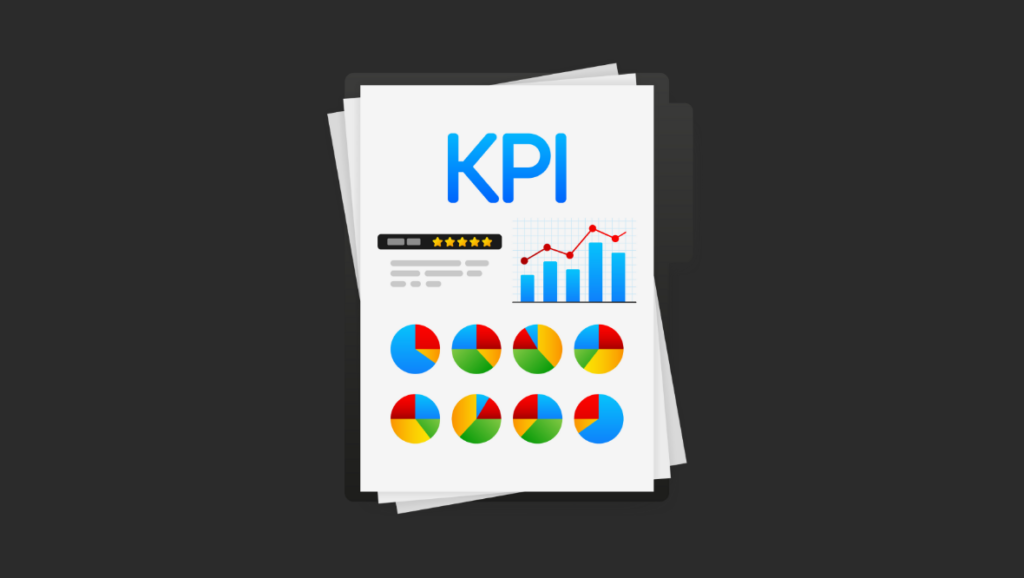Fostering Success: Understanding Stakeholder Engagement

Uncover the fundamentals of stakeholder engagement and discover how it fosters trust, responsible decision-making, and lasting success.
Stakeholder engagement has transcended from being a buzzword to a cornerstone of success for businesses, organizations, and governments. The recognition that decisions cannot exist in a vacuum has ignited a significant shift towards involving stakeholders in the processes that shape our world.
Stakeholder engagement has risen to the forefront of strategic considerations because it has proven to be a vital process for any organization. This article aims to explain the fundamentals of stakeholder engagement, exploring its definition, various benefits it offers, and equipping you with actionable tips to make your engagement endeavors more effective.
What is stakeholder engagement?
Stakeholder engagement involves actively seeking the input, perspectives, and feedback of individuals or groups who can be affected by or affect an organization’s actions, policies, or decisions.
This proactive approach extends beyond mere consultation; it fosters genuine collaboration and dialogue to create more informed, inclusive, and ethical outcomes. Stakeholder engagement acknowledges that stakeholders have a vested interest in the decisions and actions of an organization and strives to include their diverse viewpoints in the decision-making process.
In the words of Paul Polman, former CEO of Unilever, “While it’s important to deliver good financial results, strategy discussions at the board level need to have this wider perspective: we serve multiple stakeholders, and if we do that well, shareholders will equally benefit long-term” This quote underscores the fundamental shift in how organizations now view stakeholder engagement – not simply as part of their corporate social responsibility and sustainability, but as a central component of long term value creation.
Today, the term “stakeholder engagement” is emerging as a means of describing a broader, more inclusive, and continuous process between a company and those potentially impacted that encompasses a range of activities and approaches, and spans the entire life of a project.
Stakeholder Engagement: A Good Practice Handbook for Companies Doing Business in Emerging Markets – IFS (International Finance Corporation)

The benefits of stakeholder engagement
Improved Decision-Making
By involving those who will be directly impacted by a decision, stakeholder engagement ensures that choices are informed and supported by those who understand the implications best. This informed decision-making can prevent costly missteps and unintended consequences.
Increased Trust and Legitimacy
When stakeholders have a say and their perspectives are considered, they are more likely to trust the outcomes. This trust, in turn, lends greater legitimacy to the decisions, earning broader support.
Reduced Conflict and Opposition
Stakeholder engagement helps in early detection and resolution of potential conflicts and concerns. By addressing these issues proactively and legitimately, it helps diminish opposition to decisions and paves the way for smoother implementation.
Enhanced Creativity and Innovation
Diverse perspectives are the lifeblood of innovation. Stakeholder engagement brings a wealth of fresh viewpoints to the table, stimulating creativity and therefore enabling innovative solutions.
More Sustainable and Equitable Outcomes
By ensuring that decisions consider the needs and concerns of all stakeholders, stakeholder engagement promotes fairness and inclusivity. This, in turn, leads to outcomes that are not only more sustainable but also more equitable, benefiting a broader spectrum of society.

Tips for effective stakeholder engagement
- Identify all relevant stakeholders: Take the time to map out all the individuals, groups, or organizations that have an interest or stake in the operations of a business, a specific issue or a decision. This includes both internal and external stakeholders.
- Plan for meaningful engagement: Don’t just go through the motions of stakeholder engagement. Make sure that you are providing stakeholders with opportunities to actually contribute and therefore have a real impact on the decision-making process.
- Be transparent and honest: Stakeholders should be provided with all of the relevant information about the issue or decision. Only then can accurate feedback be expected.
- Be flexible: Be willing to adapt your engagement plans based on the early feedback you receive from stakeholders. This shows that you are open to input and willing to make changes to make the engagement actually productive.
- Follow up and keep stakeholders informed: It is important to follow up with stakeholders after the engagement process has been completed. This helps to ensure that they are kept informed of the progress that is being made and that their concerns are being addressed.
- Build relationships: Stakeholder engagement is not just about a single transaction. Building long-term relationships with stakeholders is what will help your organization reap its long-term benefits.
- Evaluate your engagement efforts: Take the time to evaluate your engagement efforts on a regular basis. This will help you to identify areas where you can improve.

Stakeholder engagement and sustainability
Sustainability is a complex issue that affects a wide range of stakeholders. Therefore stakeholder engagement forms a fundamental part of it. In order to achieve sustainable outcomes, it is essential to involve all of the relevant stakeholders in decision-making processes. Some examples of stakeholder engagement in sustainability include:
1. Engaging with Communities for Sustainable Development: By involving local communities in the decision-making processes that shape their environment, organizations can co-create plans for sustainable development. This ensures that the solutions put in place genuinely address the concerns and aspirations of those directly impacted.
2. Partnering with Businesses to Reduce Environmental Impact: Collaboration with other businesses, especially those in the value chain, allows for a collective effort to reduce environmental footprints. Such engagements can lead to innovative solutions that benefit both the environment and the involved businesses.
3. Collaborating with Governments for Sustainable Policies: The creation of policies that support sustainability often necessitates cooperation between organizations and governments. Stakeholder engagement ensures that these policies are not only effective but also practical and relevant to the business world.
In essence, stakeholder engagement serves as the bridge that connects sustainability aspirations with actionable strategies, transforming the ideals of sustainability into tangible, impactful outcomes.

The future of stakeholder engagement
- As the world becomes more interconnected, businesses will need to engage with a wider range of stakeholders, including those from different cultures and with different values. This will require businesses to be more sensitive to the needs of different stakeholders and to be able to communicate effectively with them.
- In addition, the rise of social media and other forms of digital communication is making it easier for stakeholders to hold businesses accountable. This means that businesses will need to be more transparent about their operations and be willing to engage in open and honest dialogue with stakeholders.
- Finally, the increasing complexity of global challenges such as climate change and inequality is forcing businesses to collaborate with stakeholders in order to find solutions. This means that businesses will need to be willing to share information and work together with stakeholders to develop and implement solutions.


